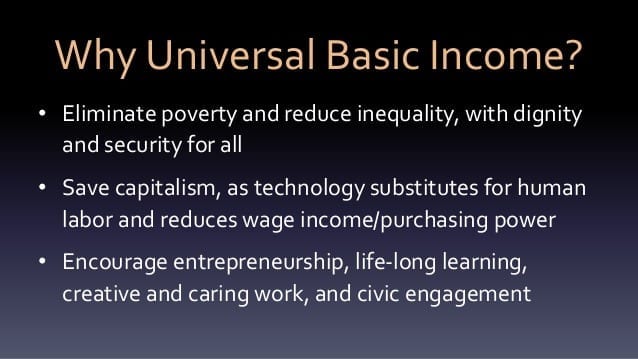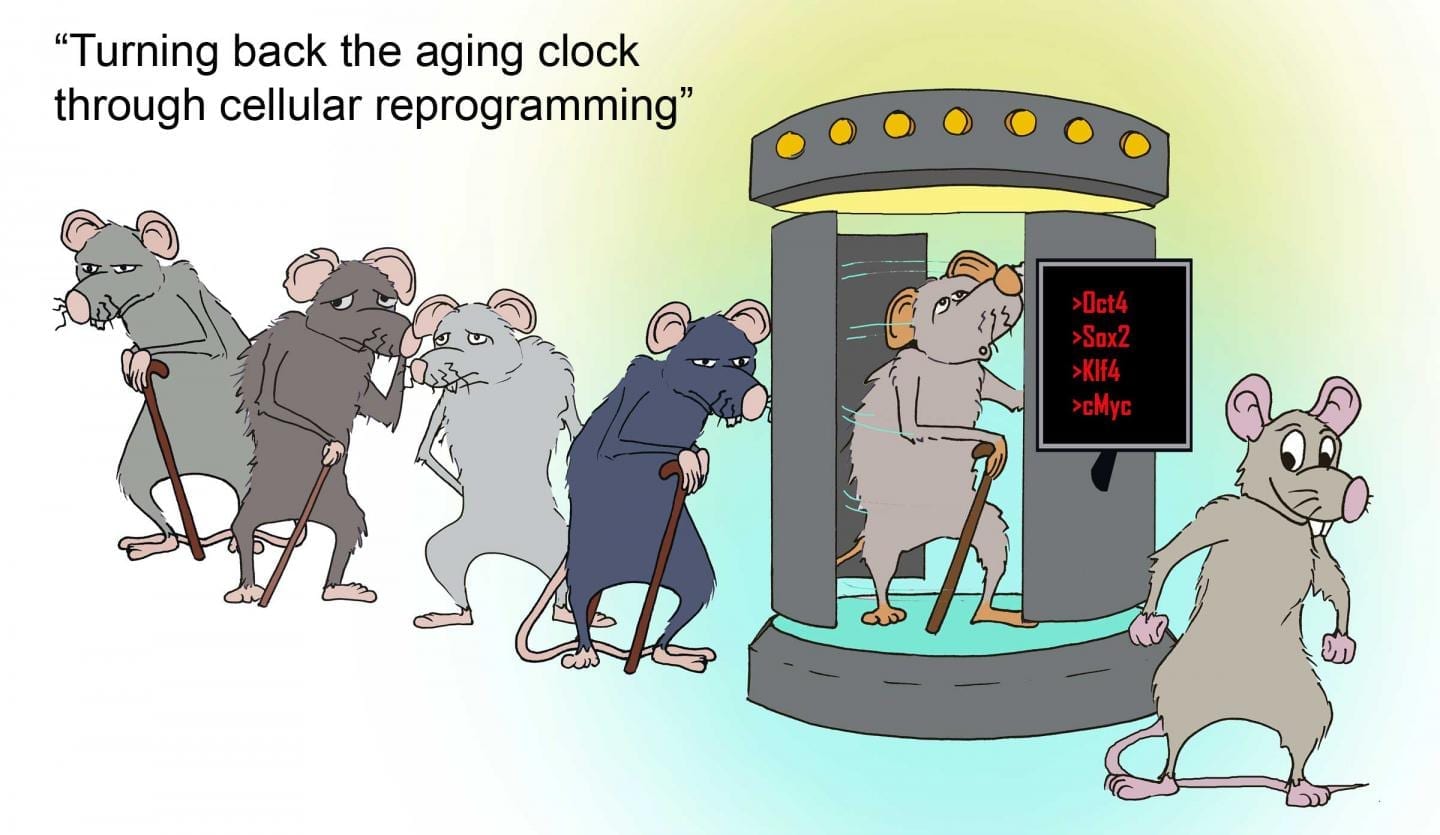
No one would confuse this frigid corner of northern Finland with Silicon Valley. Notched in low pine forests just 100 miles below the Arctic Circle, Oulu seems more likely to achieve dominance at herding reindeer than at nurturing technology start-ups.
But this city has roots as a hub for wireless communications, and keen aspirations in innovation. It also has thousands of skilled engineers in need of work. Many were laid off by Nokia, the Finnish company once synonymous with mobile telephones and more recently at risk of fading into oblivion.
While entrepreneurs are eager to put these people to work, the rules of Finland’s generous social safety net effectively discourage this. Jobless people generally cannot earn additional income while collecting unemployment benefits or they risk losing that assistance. For laid-off workers from Nokia, simply collecting a guaranteed unemployment check often presents a better financial proposition than taking a leap with a start-up in Finland, where a shaky technology industry is trying to find its footing again.
Now, the Finnish government is exploring how to change that calculus, initiating an experiment in a form of social welfare: universal basic income. Early next year, the government plans to randomly select roughly 2,000 unemployed people — from white-collar coders to blue-collar construction workers. It will give them benefits automatically, absent bureaucratic hassle and minus penalties for amassing extra income.
The government is eager to see what happens next. Will more people pursue jobs or start businesses? How many will stop working and squander their money on vodka? Will those liberated from the time-sucking entanglements of the unemployment system use their freedom to gain education, setting themselves up for promising new careers? These areas of inquiry extend beyond economic policy, into the realm of human nature.
The answers — to be determined over a two-year trial — could shape social welfare policy far beyond Nordic terrain. In communities around the world, officials are exploring basic income as a way to lessen the vulnerabilities of working people exposed to the vagaries of global trade and automation. While basic income is still an emerging idea, one far from being deployed on a large scale, the growing experimentation underscores the deep need to find effective means to alleviate the perils of globalization.
The search has gained an extraordinary sense of urgency as a wave of reactionary populism sweeps the globe, casting the elite establishment as the main beneficiary of economic forces that have hurt the working masses. Americans’ election of Donald J. Trump, who has vowed to radically constrain trade, and the stunning vote in Britain to abandon the European Union, have resounded as emergency sirens for global leaders. They must either update capitalism to share the spoils more equitably, or risk watching angry mobs dismantle the institutions that have underpinned economic policy since the end of World War II.
Universal basic income is a catchall phrase that describes a range of proposals, but they generally share one feature: All people in society get a regular check from the government — regardless of their income or whether they work. These funds are supposed to guarantee food and shelter, enabling people to pursue their own betterment while contributing to society.
A Silicon Valley start-up incubator, Y Combinator, is preparing a pilot project in Oakland, Calif., in which 100 families will receive unconditional cash grants ranging from $1,000 to $2,000 a month. Voters in Switzerland recently rejected a basic-income scheme, but the French Senate approved a trial. Experiments are being readied in Canada and the Netherlands. The Indian government has been studying basic income as a means of alleviating poverty.
“The last two years, there’s been an explosion of interest in basic income,” says Guy Standing, a research associate with the School of Oriental and African Studies at the University of London, and a co-founder of the Basic Income Earth Network, an institution created to promote the idea. “The elites realize that the inequalities are becoming politically dangerous.”
For generations, policy makers have sought the magic formula for so-called full employment, with nearly everyone who wants a job able to find one. Traditional unemployment insurance schemes were devised in an age when the cyclical nature of factory life was dominant. Workers who were idled in lean times could pay their bills using unemployment benefits while awaiting the inevitable return of flush ones.
Universal basic income is gaining consideration in part as an acknowledgment that the labor market has changed so fundamentally that full employment may amount to a fantasy. Factories have been refashioned into urban-chic office spaces. Robots are replacing workers, while the gig economy turns full-time jobs into contract positions.
Basic income is intended to be permanent, built for an age in which demand for labor may be perpetually slack. Whatever happens — say everyone becomes a part-time Uber driver, or Uber drivers are replaced by self-driving cars — everyone can count on sustenance.
Strikingly, basic income is being championed across the ideological spectrum.
Learn more: Free Cash in Finland. Must Be Jobless
[osd_subscribe categories=’universal-basic-income’ placeholder=’Email Address’ button_text=’Subscribe Now for any new posts on the topic “UNIVERSAL BASIC INCOME”‘]
Receive an email update when we add a new UNIVERSAL BASIC INCOME article.
The Latest on: Universal basic income
[google_news title=”” keyword=”universal basic income” num_posts=”10″ blurb_length=”0″ show_thumb=”left”]
via Google News
The Latest on: Universal basic income
- BioMatrix Revealed as the Surprising Contender at TOKEN2049: Launches Beta App to Redefine Inclusive Finance via Universal Basic Incomeon May 2, 2024 at 9:39 am
This BioMatrix app is the principal portal into its revolutionary ecosystems, "BioPass" and "Proof of You (PoY) token," epitomizing the company's mission to craft a more inclusive and sustainable ...
- Iowa Gov. Kim Reynolds signs ban on local guaranteed income programson May 1, 2024 at 6:30 pm
Iowa Gov. Kim Reynolds signed a bill into law on Wednesday that bans local governments from participating in guaranteed income programs like the UpLift program in central Iowa. It was one of more ...
- May Day celebration: Ramaphosa says SA is moving towards Universal Basic Income cushionon May 1, 2024 at 9:38 am
President Cyril Ramaphosa also assured workers that their rights to collective bargaining and going on strike would still be protected.
- Chicago to relaunch universal basic income programon April 30, 2024 at 1:22 pm
Mayor Brandon Johnson’s administration has earmarked $32 million to reinstate a program implemented under his predecessor to provide $500 in monthly payments to select low-income families.
- Universal Basic Income Proposed to Address Cost-of-Living Crisison April 30, 2024 at 6:20 am
First Voice released a policy brief proposing that the Government of Newfoundland and Labrador consider implementing a Universal Basic Income (UBI) to address the growing cost-of-living crisis. The ...
- Andrew Spira Champions Universal Basic Income Amid Global Economic Challengeson April 29, 2024 at 6:13 pm
Universal Basic Income is a potential safety net for those facing financial hardship. It offers individuals greater freedom in choosing employment and is a strategic tool to combat poverty. The ...
- Can Andrew Spira's Universal Basic Income Model Outpace Traditional Social Security Systems?on April 29, 2024 at 10:47 am
Andrew Spira, a renowned entrepreneur and philanthropist, advocates for Universal Basic Income (UBI) as a groundbreaking solution to global economic and social challenges. His voice joins a chorus of ...
- Anna Yojana Is Modi's Pragmatic Alternative To Universal Basic Incomeon April 29, 2024 at 7:37 am
Modi's Anna Yojana is a pathway to a Universal Basic Food scheme, which represents a more practical approach to social welfare than Universal Basic Income.
- Redistribution: A Universal Basic Income policy can’t turn poverty into historyon April 25, 2024 at 7:00 am
The politics of redistribution has brought various versions of a UBI into focus. While people in deprivation clearly need relief, a UBI alone can’t be relied upon to make poverty a problem of the past ...
via Bing News










